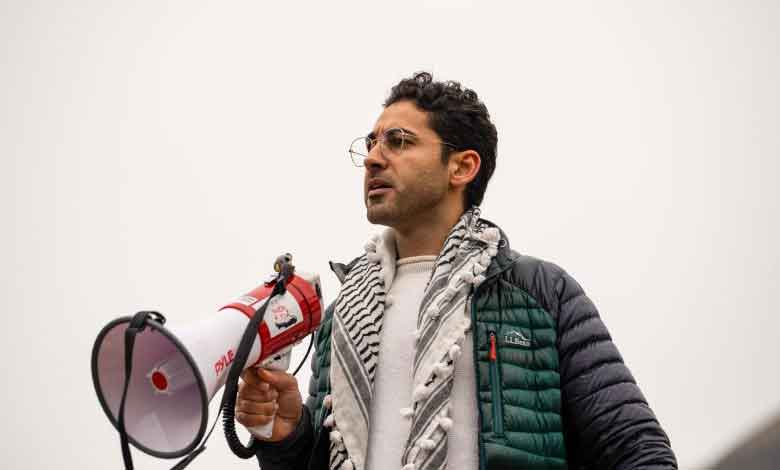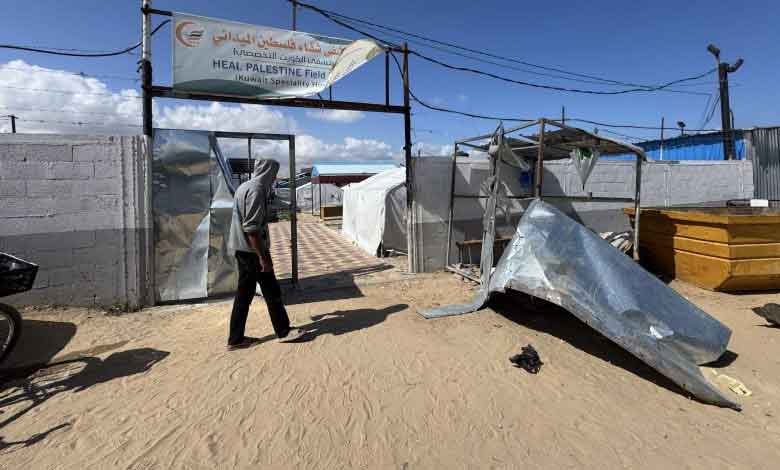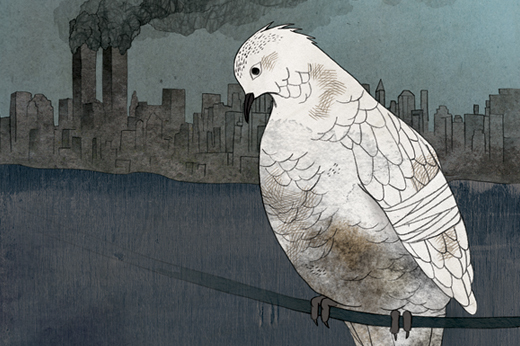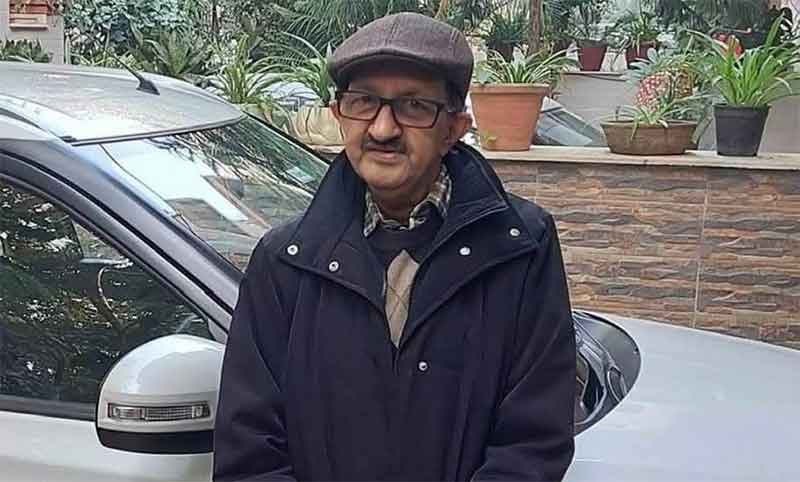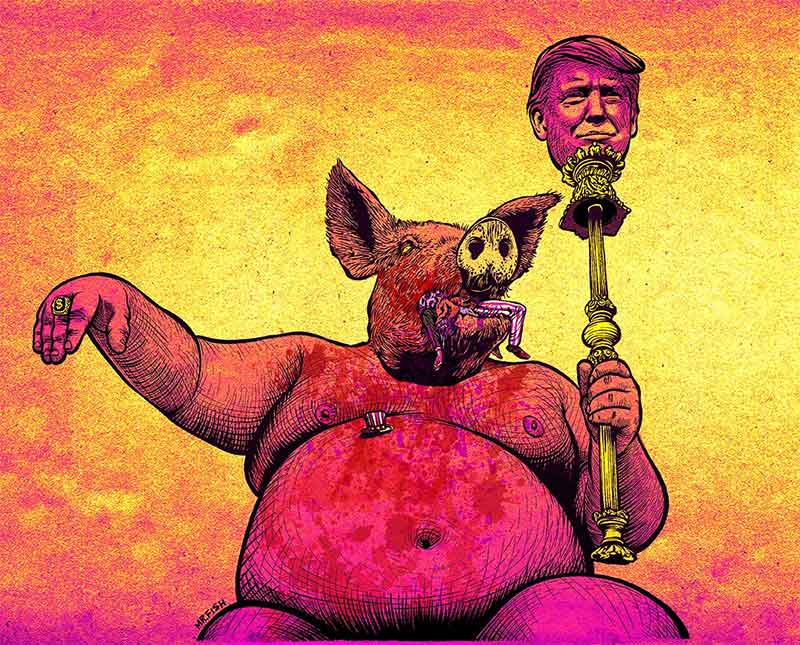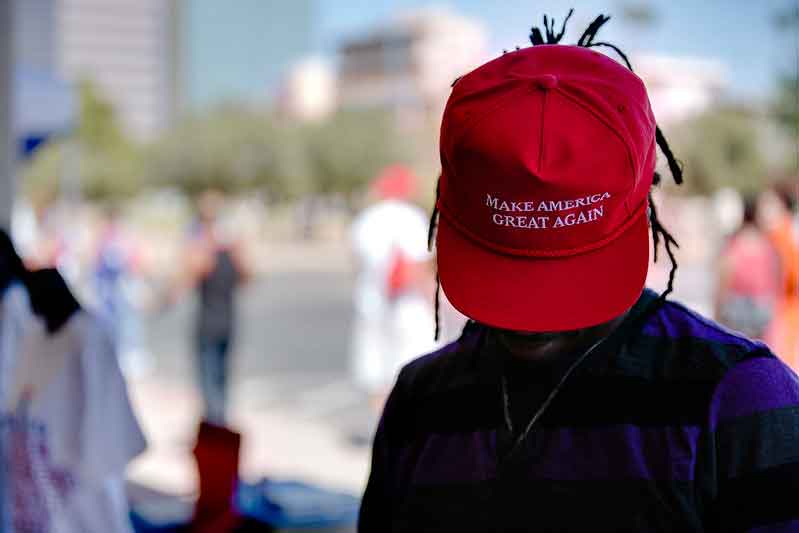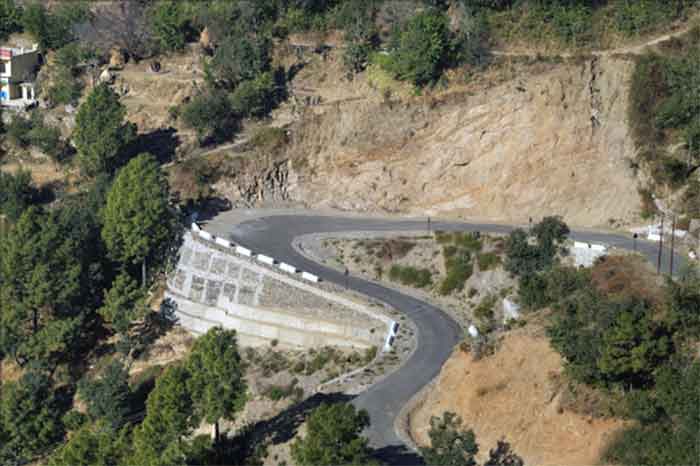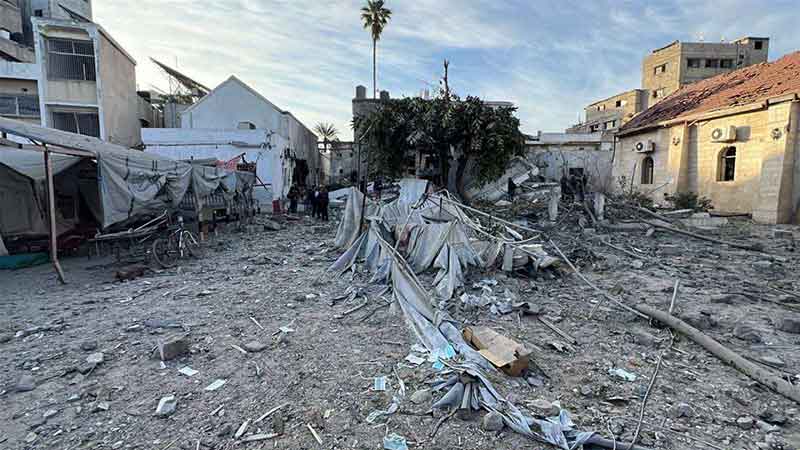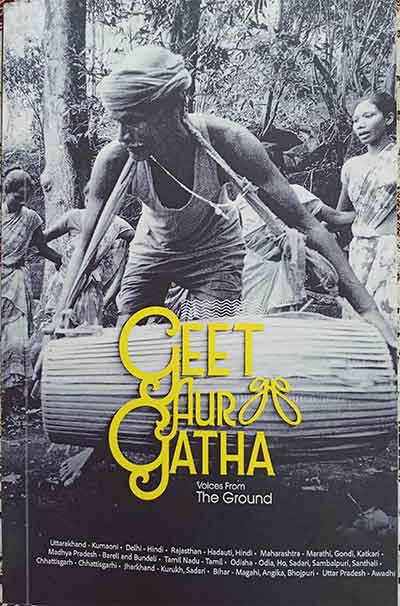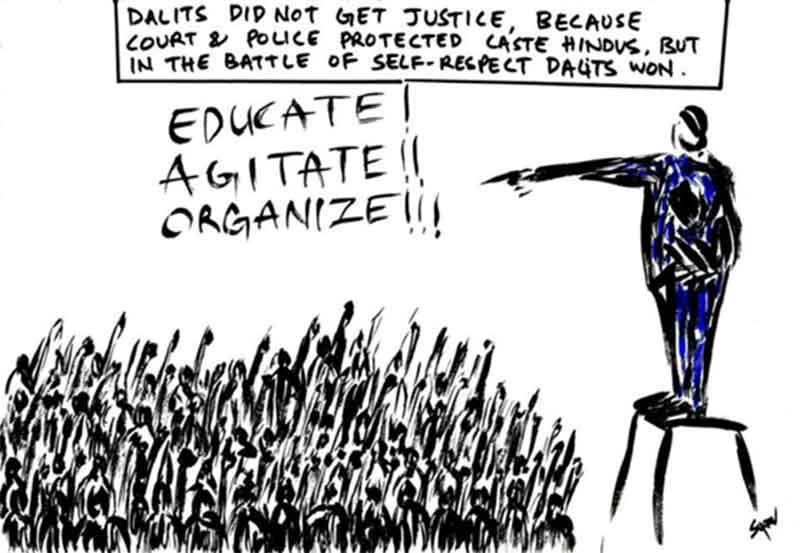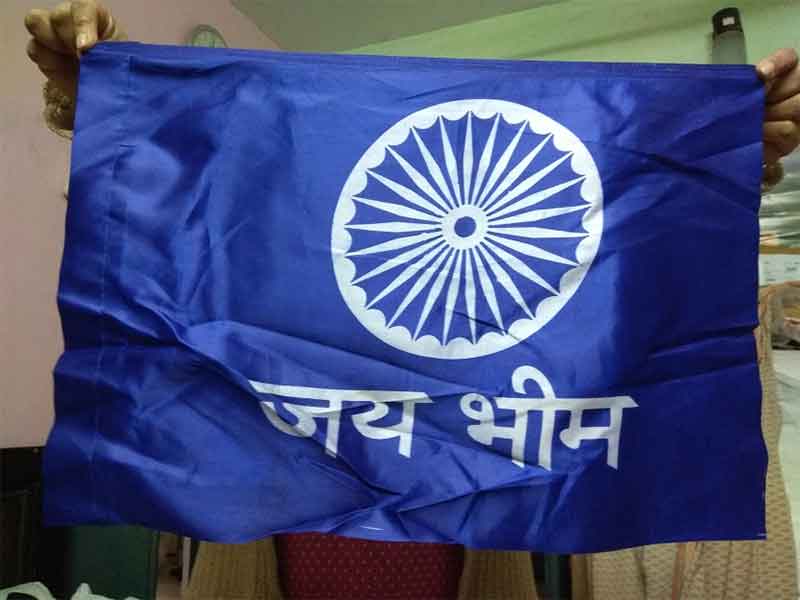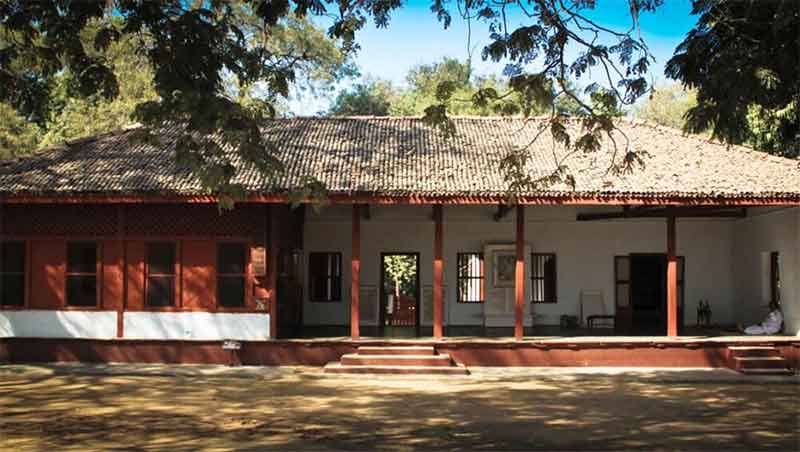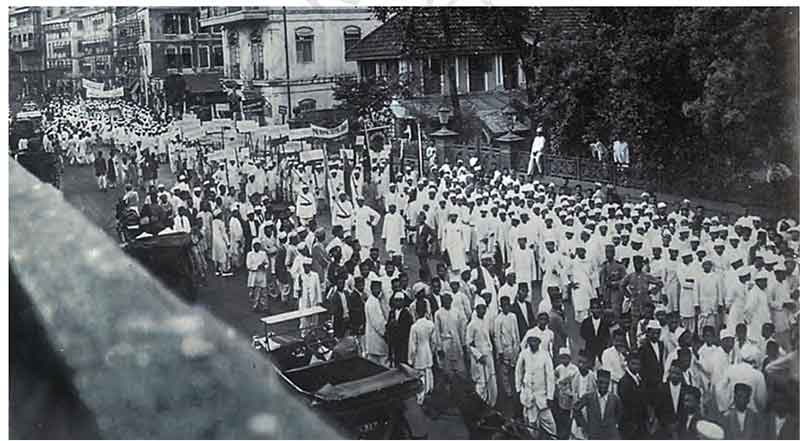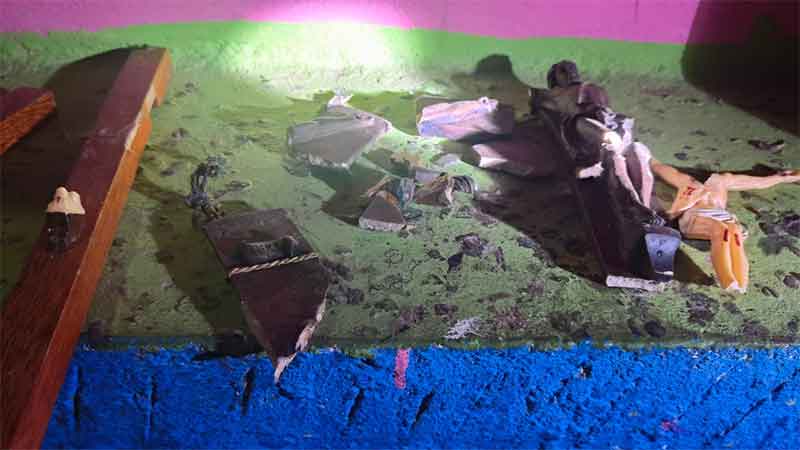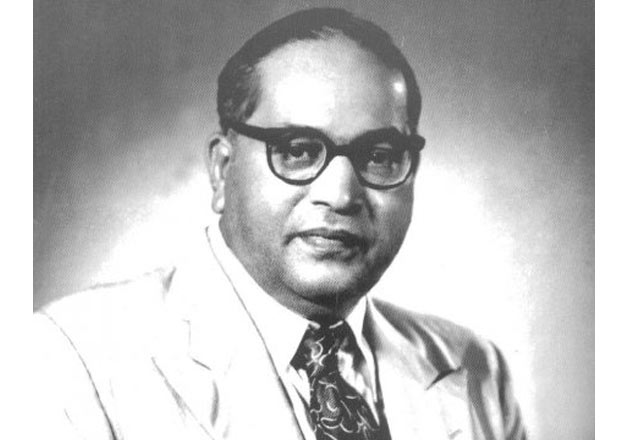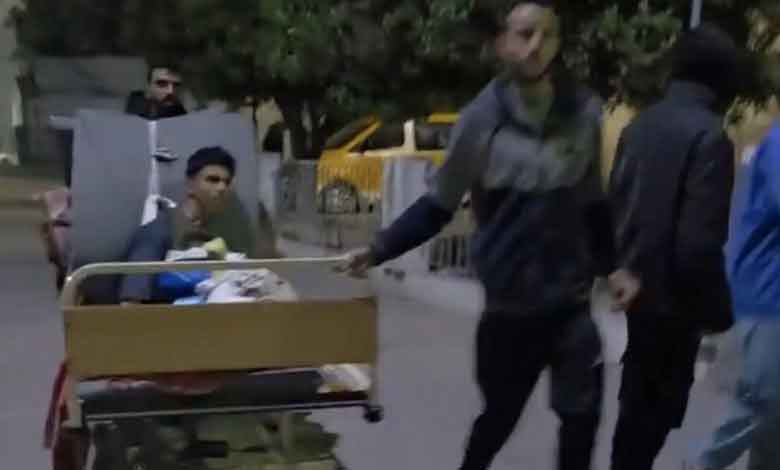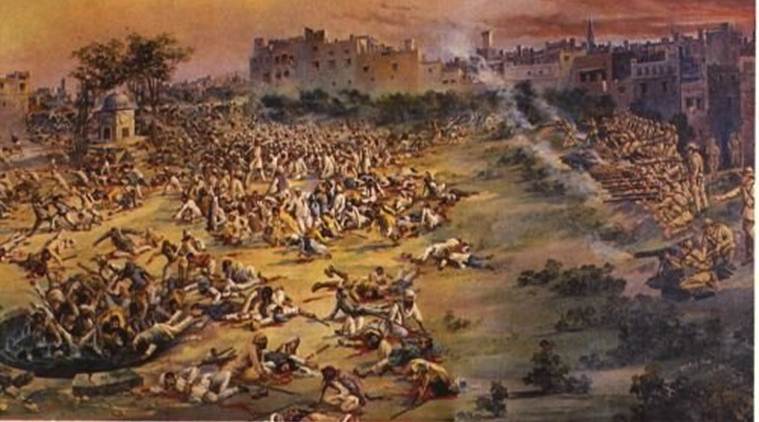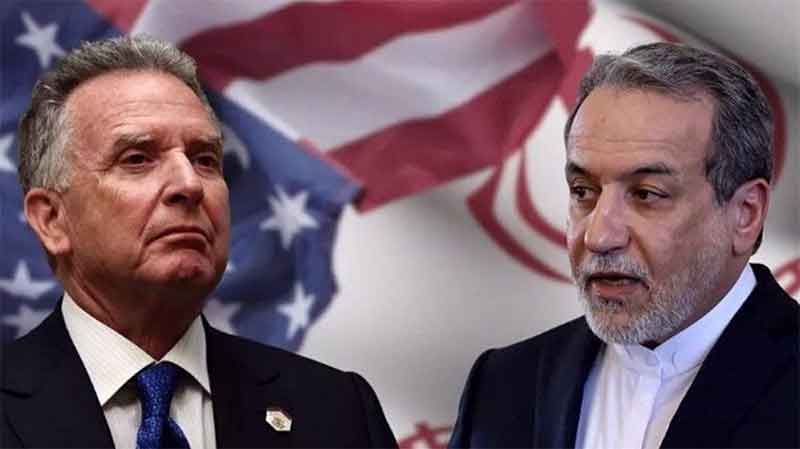
A grave threat looms over one of Assam’s most important wildlife sanctuaries, the *Gibbon Wildlife Sanctuary*. In these difficult times, we must protect our precious sanctuary at all costs.
👉 Why is the Gibbon Wildlife Sanctuary in Jorhat district’s Hoollongapar so important?
This sanctuary is home to three endangered species of monkeys. Among them is the Hoolock Gibbon, with only 78 remaining according to official data. This species, which is on the brink of extinction, lives in family groups much like humans. Each family occupies its own territory. If a member of the group dies, the surviving partner raises the offspring alone without forming another family. They primarily inhabit Hoolong trees, which is why this area is named *Hoolongapar*. A railway line that passes through the forest has fragmented the habitat of the gibbons.
Besides the Hoolock Gibbon, the sanctuary is home to six species of monkeys, including the Capped Langur, Pig-tailed Macaque, Assamese Macaque, and others, as well as elephants, wild boar, lizards, deer, and many other wildlife species.
The Gibbon Wildlife Sanctuary is also renowned for its dense biodiversity. Covering an area of 20.98 square kilometers, it is one of the densest biological habitats in India and among the most significant in the world. It is home to 219 species of birds, more than 200 species of butterflies, and various reptiles, amphibians, and insects. Assam’s pride, rich in rare plant species, is now endangered.
👉 The Crisis Facing the Gibbon Wildlife Sanctuary:
- The sanctuary has been divided into five blocks, and one of these is split by the railway line connecting Dibrugarh and Mariani. As a result, many of the tall trees that provided a canopy for the gibbons have been cut down by the railway authorities, isolating the gibbons’ family groups and disrupting their social bonds. This fragmentation poses a major threat to their reproduction. Elephants and other animals frequently face death on this two-kilometer-long stretch of railway. Now, with the railway’s electrification plans, the situation has become even more dangerous for the gibbons and other wildlife. Despite ongoing protests by nature lovers and environmental groups, the government and railway authorities continue to ignore demands for rerouting the track outside the sanctuary.
- The *Dissoi Valley Reserve Forest*, located at the foothills of the Patkai mountain range and adjacent to the Gibbon Sanctuary, plays a crucial role in providing oxygen to the region’s ecosystems. This forest, a vital elephant corridor, is a key pathway for wildlife movement between the two forests. However, the rising temperatures in recent years, with an alarming six-degree increase in September, have caused severe discomfort for the people of Jorhat. The usual temperature of 29-33 degrees Celsius shot up, causing widespread concern about the region’s environmental health.
Adding to this crisis, a private company has been granted permission to conduct oil and gas exploration in the region, with an area of 4.5 hectares (around 33 bighas) allocated for this purpose. This action, approved by both the state and central governments without consultation with local communities, poses a significant threat to the sanctuary’s ecosystem.
Such government policies, detrimental to both people and nature, cannot be accepted by any conscious, progressive, and nature-loving individuals. The Greater Jorhat District Citizens’ Society urges all environmentalists, organizations, and the general public to:
👉 Raise your voice in defence of the globally renowned *Gibbon Wildlife Sanctuary*. Your voice can be a powerful weapon for its protection.
👉 Join the movement to protect our wildlife and safeguard the future.
👉 Demand the immediate rerouting of the railway line that cuts through the sanctuary.
👉 Oppose the government’s reckless policies and demand a halt to oil and gas exploration in the region.
::::::::::::::
On behalf of the Greater Jorhat District Citizens’ Society:
Tridib Dutta (Secretary), Pramod Mohanta (President),
Dipen Kakoti, Rajiv Baruah, Kanak Chandra Bora, Dilip Karnani, Kamal Sharma (Advisors),
Dr. Golap Deka, Mridul Kumar Bora, Mahendra Khanikor, Makhanlal Gattani, Bipin Dolakashoria (Vice Presidents),
Dilip Bordoloi (Treasurer),
Jitu Kalita, Yamini Baruah (Joint Secretaries),
Debabrata Dutta, Niranjan Mahanta, Hemen Saikia, Jyoti Agarwala, Taufeekul Hussain, Shikha Bora Sandikoi,
Shivdas Bhattacharya, Dibyajyoti Baruah, Pulin Goswami, Dr. Kumud Ghosh, Dr. Dandeswar Dutta, Vikas Bordoloi, Dr. Prashanta Hazarika.






